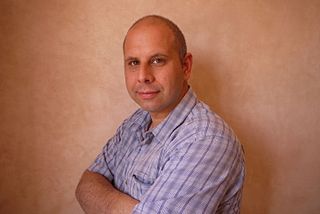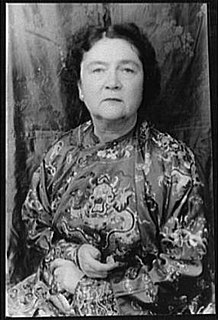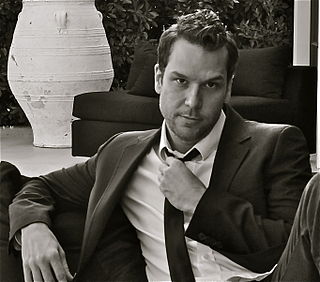A Quote by Stephen King
Related Quotes
Suicide is a particularly awful way to die: the mental suffering leading up to it is usually prolonged, intense and unpalliated. There is no morphine equivalent to ease the acute pain, and death, not uncommonly, is violent and grisly. The suffering of a suicidal is private and inexpressible, leaving family members, friends and colleagues to deal with an almost unfathomable kind of loss, as well as guilt. Suicide carries in its aftermath a level of confusion and devastation that is, for the most part, beyond description.
The constitution of madness as a mental illness, at the end of the eighteenth century, affords the evidence of a broken dialogue, posits the separation as already effected, and thrusts into oblivion all those stammered, imperfect words without fixed syntax in which the exchange between madness and reason was made. The language of psychiatry, which is a monologue of reason about madness, has been established only on the basis of such a silence.
...we ask: Why suicide? We search for reasons, causes, and so on.... We follow the course of the life he has now so suddenly terminated as far back as we can. For days we are preoccupied with the question: Why suicide? We recollect details. And yet we must say that everything in the suicide's life- for now we know that all his life he was a suicide, led a suicide's existence- is part of the cause, the reason, for his suicide.
I think mental illness or madness can be an escape also. People don't develop a mental illness because they are in the happiest of situations, usually. One doctor observed that it was rare when people were rich to become schizophrenic. If they were poor or didn't have too much money, then it was more likely.
I can't relate to the idea of suicide. I guess I'm just one of those people that is always optimistic and upbeat. But one day, I sat down. I said 'You know what? Just to kind of purge myself, I want to see what its like to feel that low'. So I decided to write a suicide note. Yeah, just to kinda flush it out there and put it on a page. And I started to do this, and I had an epiphany. I'll share this with you: a suicide note that is written by somebody that is not suicidal is called an autobiography. I am on Chapter 58.
It is tempting when looking at the life of anyone who has committed suicide to read into the decision to die a vastly complex web of reasons; and, of course, such complexity is warranted. No one illness or event causes suicide; and certainly no one knows all, or perhaps even most, of the motivations behind the killing of the self. But psychopathology is almost always there, and its deadliness is fierce. Love, success, and friendship are not always enough to counter the pain and destructiveness of severe mental illness

































